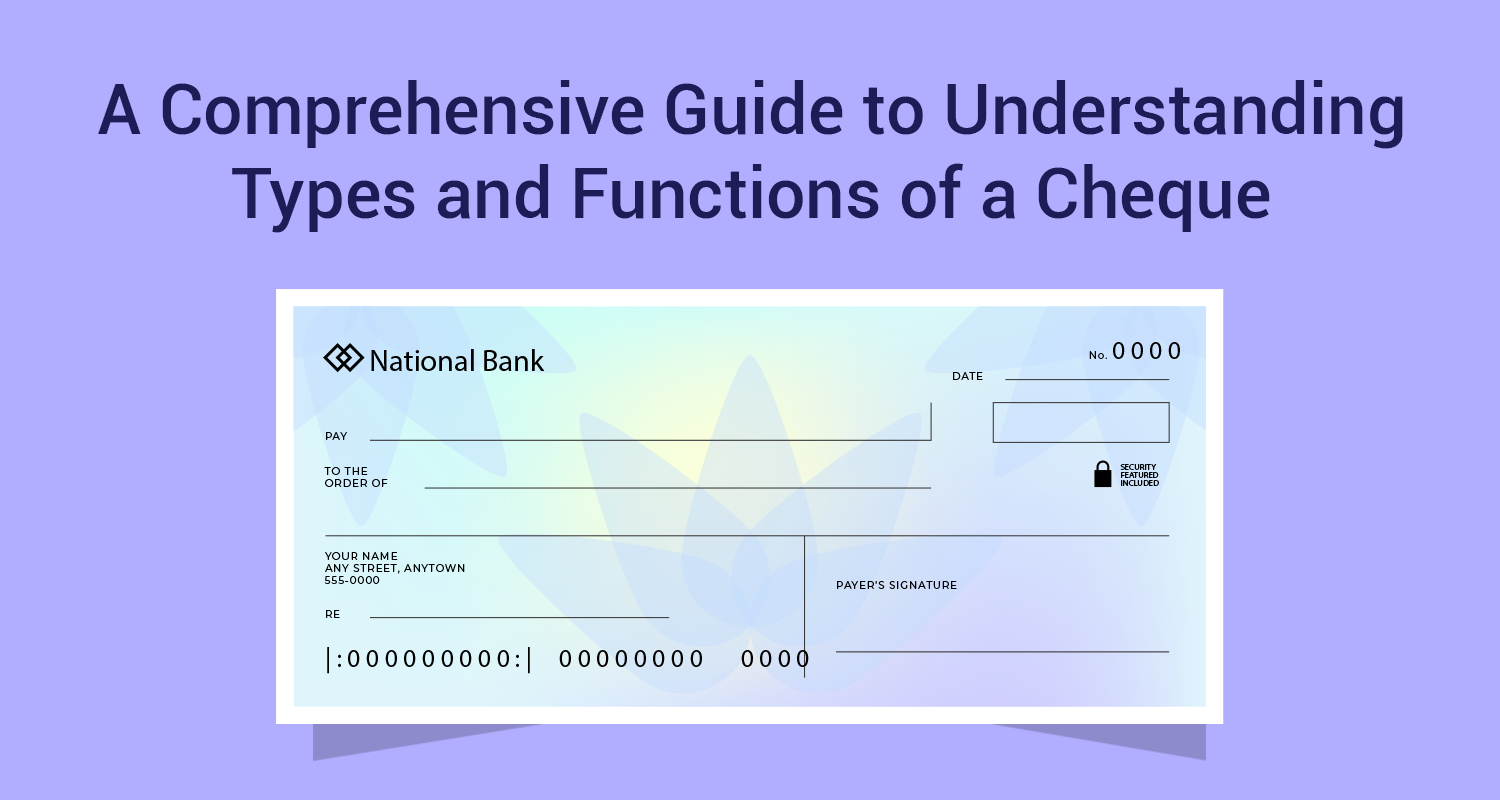Top Benefits of Investing in Mutual Funds

Why is it that mutual funds have emerged as such a prolific source of investing for small and medium investors? No doubt it is simple and hence it can be understood even by small investors and first-time investors. Also, mutual funds have proved to be good wealth creating vehicles in the last many years. Let us look at some key benefits of investing in mutual funds from an investor’s perspective.

You get the benefit of professional management
What can you buy in the share market with Rs.5000 at your disposal? You can perhaps buy 2 shares of TCS or 1 share of Bajaj Finserv. To be honest, you cannot even buy one share of Maruti; forget about Eicher. If you are feeling dejected then mutual funds could be the answer. What a mutual fund does is to pool monies from a large number of investors and then allocate that money into equities or other asset classes like debt, liquid assets, gold etc. That means, even with an investment of just Rs.5000 you get access to a quality portfolio. When you hold units of a mutual fund portfolio, you are part owner of the entire portfolio giving you a much wider holding of shares. But that is just one point. The bigger advantage is professional management. You have a professional fund manager who has spend all his years managing money. The fund manager is supported by a team of analysts, dealers and traders who extract value from every corner of the market. That is the kind of expertise that you get by investing in mutual funds.
You spread your risk across the asset classes
In technical parlance this is called diversification. Why is this so important? Assume that you have invested directly in equities and you are holding one steel company and one aluminium company in your portfolio. The next day China announces that it would be reducing its import of metals from other countries. Suddenly, you find that all metal stocks have corrected and you are sitting on notional losses of 20% in a matter of 3 days. Had you spread your portfolio across a wider asset spectrum, this problem would not have arisen. That is where mutual funds come in handy. They diversify and spread risks at two levels. Firstly, they spread your overall assets across equity, debt and liquid assets. Secondly, even in case of equity funds, your money is invested across sectors and themes. Thus your profitability is not too dependent on a handful of stocks or sectors. Risk gets spread.
There is a wide choice available to you
In fact, if you invest in mutual funds, you are spoilt for choice. You can choose between different types of equity funds like index, sectoral, thematic, diversified, mid cap, small cap etc. Within debt funds you can choose across credit risk and across durations. You can opt for long term funds, short term funds, gilt funds, corporate bond funds; the list is almost endless. If you really want to combine both the asset classes, then you can opt for a balanced fund or MIP where you can decide upon the debt/equity mix that you are comfortable with. And if you want more customization, you can opt for a dynamic fund where the fund manager will actually manage allocations actively to make the best of changing market conditions. Not just on asset classes, but you also have the choice of timing of investment. You can invest in lump-sum or you can invest in the form of a systematic investment plan (SIP) or even as a variable SIP or as a bulleted structured. Even the withdrawals can be structured as dividends, capital gains or systematic withdrawals. The choice is wide and yours for the taking.
Mutual funds are extremely liquid and that adds value for investors
One of the key considerations for investing in mutual funds is the easy liquidity. In case of open ended funds, you can go to the fund at any time and redeem your holdings. In case of liquid funds and debt funds, you will get the money into your bank account on T+1 day itself. In case of equity funds, you can get the money latest by T+3 day. Of course, liquidity is an issue in case of closed-ended funds but there you still have secondary market liquidity through listing.
Apart from the above factors, mutual funds are also relatively more tax efficient compared to assets like bank FDs and real estate. As an asset class, mutual funds surely score high!
Disclaimer: The information contained in this post is for general information purposes only. IIFL Finance Limited (including its associates and affiliates) ("the Company") assumes no liability or responsibility for any errors or omissions in the contents of this post and under no circumstances shall the Company be liable for any damage, loss, injury or disappointment etc. suffered by any reader. All information in this post is provided "as is", with no guarantee of completeness, accuracy, timeliness or of the results etc. obtained from the use of this information, and without warranty of any kind, express or implied, including, but not limited to warranties of performance, merchantability and fitness for a particular purpose. Given the changing nature of laws, rules and regulations, there may be delays, omissions or inaccuracies in the information contained in this post. The information on this post is provided with the understanding that the Company is not herein engaged in rendering legal, accounting, tax, or other professional advice and services. As such, it should not be used as a substitute for consultation with professional accounting, tax, legal or other competent advisers. This post may contain views and opinions which are those of the authors and do not necessarily reflect the official policy or position of any other agency or organization. This post may also contain links to external websites that are not provided or maintained by or in any way affiliated with the Company and the Company does not guarantee the accuracy, relevance, timeliness, or completeness of any information on these external websites. Any/ all (Gold/ Personal/ Business) loan product specifications and information that maybe stated in this post are subject to change from time to time, readers are advised to reach out to the Company for current specifications of the said (Gold/ Personal/ Business) loan.



